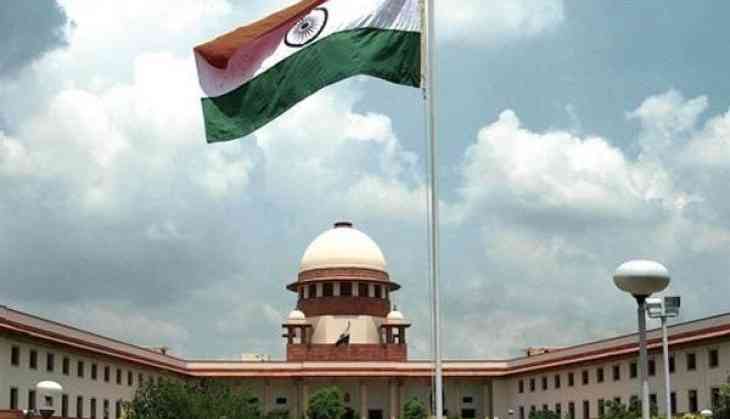
The Supreme Court on Thursday refused to stay its March 20 verdict on diluting the provision of mandatory arrest under the SC/ST Act sidelining the Centre's demand and said it favoured “100 percent” the protection of the rights of the communities under the law and punishing those guilty of atrocities against them.
The apex court strongly opposed the Centre's contention and disagreed that its March 20 verdict had led to loss of many lives in the protest-turned violence that had broken out in several states during nation-wide Bharat Bandh.
As per reports, the Centre told the top court that its March 20 verdict, laying guidelines putting certain safeguards on the immediate arrest of a person for offences, countermanded the law enacted by the legislature and should thus be stayed and the case referred to a larger bench.
Making a strong pitch, Venugopal said, “Our Constitution provides for separation of power between the legislature, executive and judiciary. But the SC, in this case, stepped into the legislative domain by introducing a preliminary enquiry when the law mandated registration of FIR and providing for anticipatory bail which was absent in the act. In addition, the bench provided that if the DSP registered an FIR without conducting a preliminary enquiry, then s/he could be liable for contempt.”
"The judgment has completely shaken the country. Rightly or wrongly, people are so agitated that it led to eight deaths. Those who have been oppressed for thousands of years have a feeling that dilution of the arrest provision in the SC/ST Act amounted to protecting the accused,” bench added.
"It's not that the judgment says there shall be no registration of crime. It's not that accused shall not be arrested. The safeguards were for the purpose that a person should not be readily arrested or an innocent punished because there was no provision of anticipatory bail under the SC/ST Act," the bench said.
The top court said under the Scheduled Castes and Tribes (Prevention of Atrocities) Act, 1989, theoretically a person cannot get anticipatory bail, but soon after his arrest, he can get regular bail even in offences where the punishment is just six months.
"The anticipatory bail provision was not there in-laws like TADA and MCOCA, where the offences were supposed to be of greater magnitude. If there is a grave offence, this judgement will not come in the way of arrest," the bench said.
"There is a separation of powers which is part of the basic structure of the Constitution and the court can only lay down guidelines for disposal of a case but cannot lay guidelines in general in the nature of law, for the whole country," Attorney General K K Venugopal, appearing for Centre, said.


